Quizzes
Quiz: Change in energy stores
This interactive quiz is aimed at GCSE physics students studying types of energy store, energy transfers, energy dissipation, the conservation of energy and energy calculations.
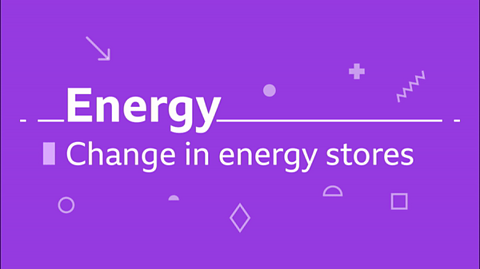
Quiz: Energy demands
This interactive quiz is suitable for GCSE physics students studying energy and heating, thermal conductivity, investigating methods of insulation and specific heat capacity.
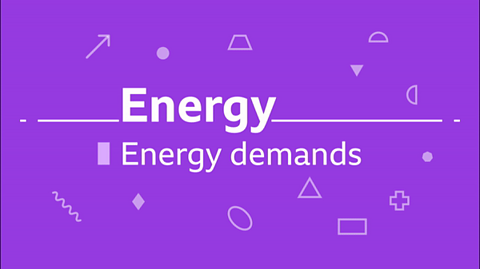
Quiz: Moments, levers and gears
This interactive quiz is suitable for GCSE physics students studying moments, moments and balanced objects, levers and gears.

Quiz: Contact and non-contact forces
This interactive quiz is suitable for GCSE physics students studying contact forces and non-contact forces.

Quiz: Forces and elasticity
This interactive quiz is suitable for GCSE physics students studying change of shape, Hooke's law, energy stored in a spring and how forces affect the extension of a spring.

Quiz: Describing motion
This interactive quiz is suitable for GCSE physics students studying motion in a straight line, velocity and acceleration, distance-time graphs, velocity-time graphs and velocity.

Quiz: Pressure in fluids
This interactive quiz is suitable for GCSE physics students studying calculating pressure, pressure in a liquid and atmospheric pressure.
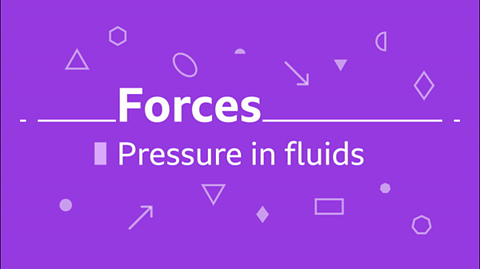
Quiz: Momentum - Higher
This interactive quiz is suitable for GCSE physics students studying momentum calculations, conservation of momentum and force and momentum.

Quiz: Properties of waves
This interactive quiz is suitable for GCSE physics students studying types of waves, wave period and speed, speed of sound in air and measuring waves in a ripple tank.
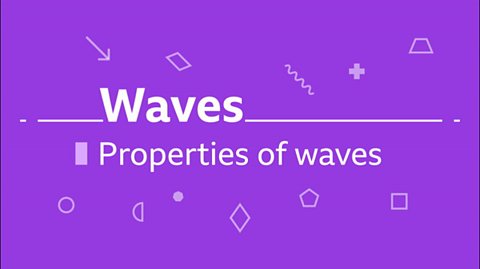
Quiz: Reflection and refraction
This interactive quiz is suitable for GCSE physics students studying reflection of waves and refraction of waves.

Quiz: Sound waves
This interactive quiz is suitable for GCSE physics students studying sound waves, ultrasound and seismic waves.
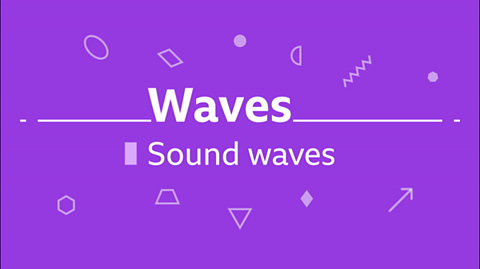
Quiz: Electric circuits
This interactive is suitable for GCSE physics students studying electrical circuit symbols, electrical charge and current, potential difference, resistance and voltage graphs.
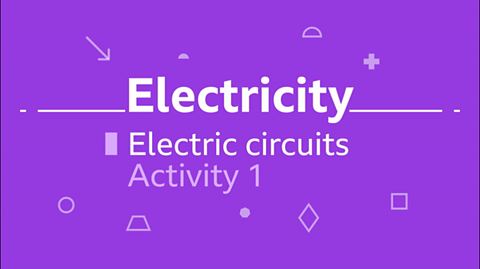
Quiz: Electric circuits 2
This interactive quiz is suitable for GCSE physics students studying series and parallel circuits, resistor networks and energy and power in electric circuits.
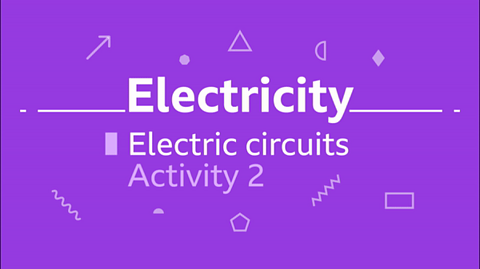
Quiz: Static electricity
This interactive quiz is suitable for GCSE physics students studying electrical charges, charging by friction and electric fields.
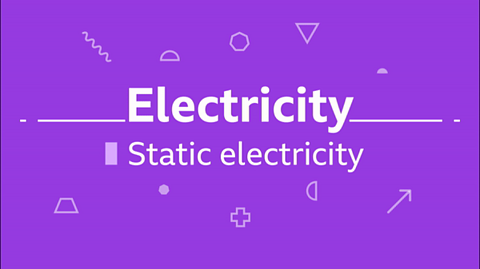
Quiz: Radioactive decay
This interactive quiz is suitable for GCSE physics students studying stable nuclei, nuclear radiation, half life and nuclear equations.

Quiz: Nuclear fission and fusion
This interactive quiz is suitable for GCSE physics students studying nuclear fission, fission reactors and nuclear fusion.

Quiz: Uses and dangers of radiation
This interactive quiz is suitable for GCSE physics students studying irradiation, contamination, the effects of radiation on the human body and background radiation.
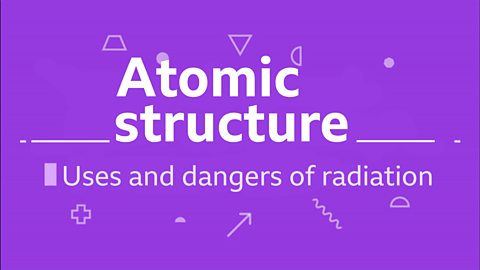
Quiz: Atoms isotopes and ions
This interactive quiz is suitable for GCSE physics students studying structure of the atom, atoms and isotopes and ions.
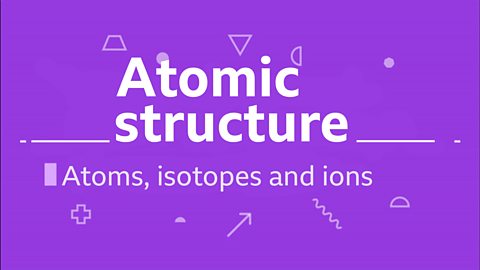
Quiz: Temperature changes and energy
This interactive quiz is suitable for GCSE physics students studying states of matter, internal energy, energy and temperature, specific heat capacity and specific latent heat.
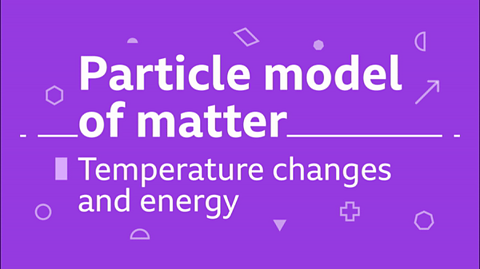
Quiz: Density of materials
This interactive quiz is suitable for GCSE physics students studying density, volume and investigating density.
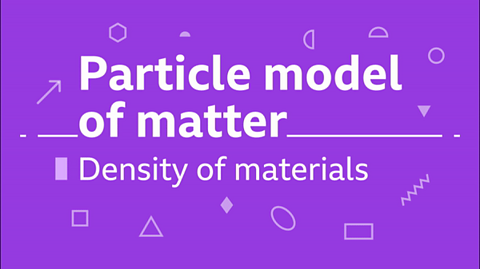
Quiz: Particles in gases
This interactive quiz is suitable for GCSE physics students studying particle motion, gas pressure and temperature, gas pressure and volume and changing gas pressure - Higher.
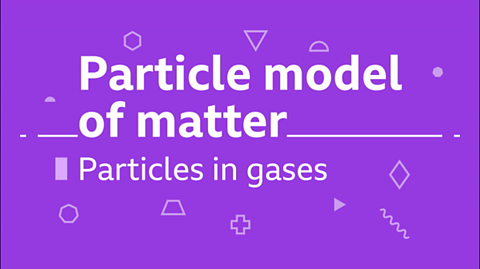
Quiz: Scientific skills
This interactive quiz is suitable for GCSE physics students studying planning, observing, analysing, evaluating an experiment and scientific equipment.

Links
- External linkExternal link
- External linkExternal link
- External linkExternal link
- External linkExternal link
- SubscriptionSubscription
- External linkExternal link
- SubscriptionSubscription
- External linkExternal link